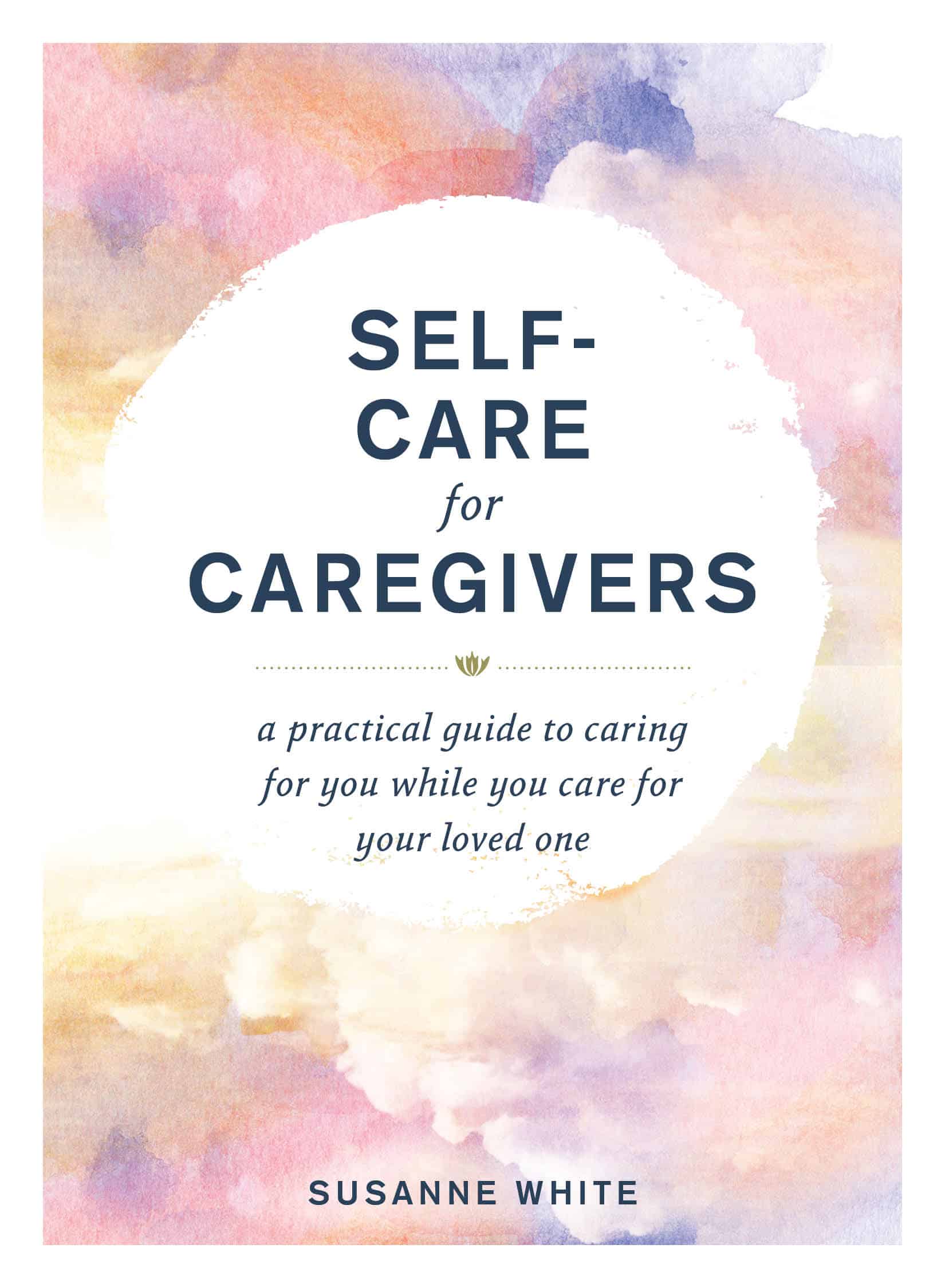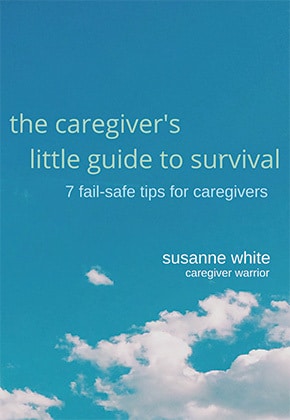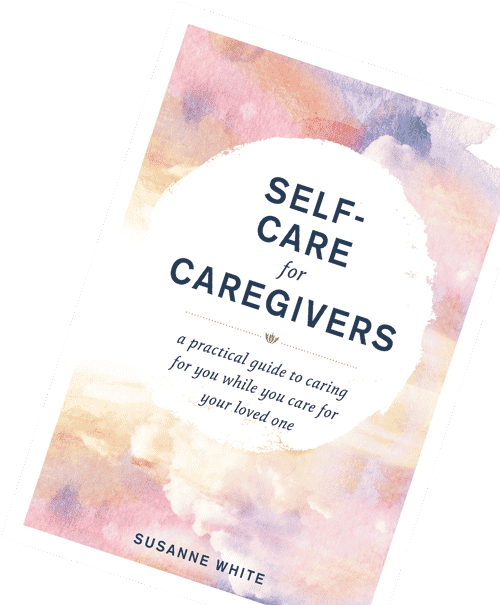What many of us do not realize when we begin our caregiving journey is that we unconsciously believe we can fix those we love and care for and everything around them. While this is a powerful desire, to begin with, it has pros and cons that help and hurt us. When reality hits home that fixing someone is rarely possible, it can be both painful and a relief.
I knew my parents were failing.
I know I felt in my heart that my parents were failing and there was only so much I could do to prevent them from slipping away from me. But I didn’t focus on that. I went into a sort of denial, concentrating on how to fix and heal everything that was right in front of me. This was helpful as it kept me inspired and motivated. I didn’t concern myself with the inevitable, I worked on the present problems with an open mind.
This state of denial is universal I believe. It’s something caregivers fall into automatically. It’s how we cope with the impending and inescapable reality of what lies ahead. It’s a mechanism that helps us adjust to things that are troubling and when we refuse to accept the truth of what’s happening, we are trying to protect ourselves.
Denial may be putting off the inevitable.
However, if we start to fall into the trap of completely ignoring reality or refusing to acknowledge situations or things that are impending or need our attention because they are too difficult or feel like they will be too hard to manage or handle, we can hurt ourselves or those around us. Denying the existence of something because it’s too painful, is just putting off the inevitable even though it’s completely understandable that we do it.
So, let’s look at denial as it works for caregivers, how we can use it to benefit us, and how we can avoid the negative side of it.
When denial is not a good thing.
If we are in a state of avoidance and are refusing to acknowledge an impending reality or situation because we just don’t want to deal with it, denial is hurting us. If we are stuck and refusing to accept circumstances because we are afraid, we may be in trouble.
To avoid negative or more long-term denial, we must talk things over with trusted partners and friends and keep an open mind if they suggest we may be in serious denial. Staying in touch with our feelings and then sharing those feelings with others regularly, helps us maintain healthy responses to even upsetting issues we might otherwise avoid dealing with. If we are refusing to accept something, and we have a supportive group around us who we trust and listen to, we can get right-sized when they gently express their concerns and give us feedback. Make sure you have a team of family and friends who have your back, understand you and what you are going through, and are not afraid to have tough conversations with you. Check-in with them regularly. Let them know you are open to their feedback and then be willing to listen to them.
When denial can help us.
When we are in denial in the short term because we want to adjust or ease into an uncomfortable situation, denial can be helpful. It gives up time to adjust and wrap our heads around something. I see my tendency to not linger on the fact that my parents were both failing and that I would lose them eventually as a helpful denial. I wasn’t denying the reality of our situation, I just didn’t focus on it. I was acting as if each day held the possibility of being able to get them in a better physical or mental state so I could make them as comfortable as possible. I never once thought I could avoid losing them. I believe acknowledging the reality of something but purposely focusing on the possibilities surrounding the issue as opposed to the negative side of it is good denial! I would never suggest ignoring things completely or living in a fantasy world, but I do like seeing the potential in everything.
We need to find a balance.
When we are in the throes of caregiving, we need every tool at our disposal and acute self-awareness. We can take care of ourselves by looking hard at the truth and reality of our situation, get help when we need it to face the music, and then focus on the positive side of the challenge it brings us. As always, the most important thing we can do is be gentle with ourselves. Finding balance is never easy, but I know we are all doing the best we can to find it. Give yourself a break as you find your happy medium of accepting the reality of your situation and adjusting to it.
Here’s another great article you’ll love!
How To Be A Perfect Caregiver










0 Comments